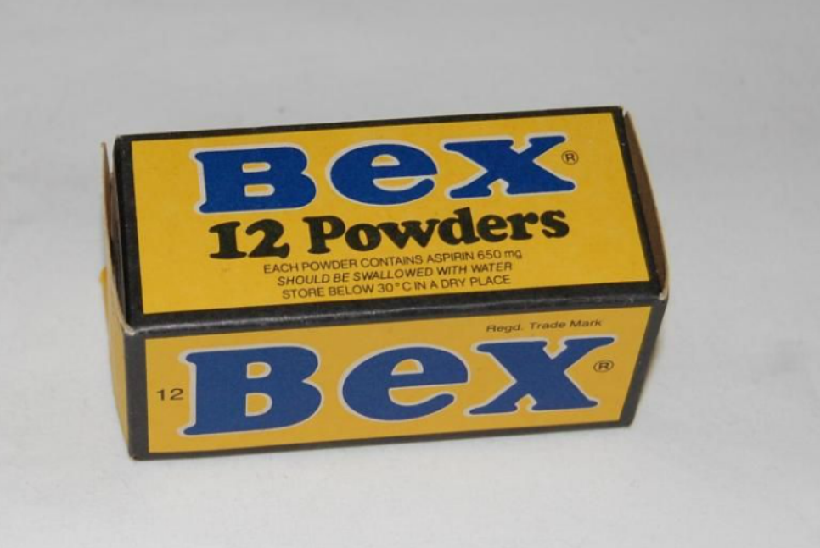One really must wonder what they smoke up there in New South Wales. The State Government, fresh off wondering whether or not to test pills made and bought illegally so that the kids can be encouraged to take them, now wants to ban music festivals where people take drugs. (They must be quivering in their boots down at Randwick racecourse; if the government were to experience an outbreak of consistency the entire racing industry won’t have a patron left in the corporate boxes). Greens MPs reveal that they took drugs – and it’s apparently news, as if we hadn’t all already guessed.
But do we hear, if not common sense, at least the rumble of it in the near distance as it approaches this debate?
Tim Wilson, the Federal Liberal Member for Goldstein, was right to say in the pages of a lesser organ this week that the war on drugs has been lost. It could never truly have ever been won. For as long as human beings have existed as a species we’ve sought ways to alter our consciousness, to feel better, to escape the tedium of being human; from discovering and consuming alcohol to drinking kava to chewing peyote, every culture in every region of the world has and continues to alter their conscious states in any number of ways.
You cannot win a war on drugs. You certainly cannot win a war on some drugs while taxing the legal sale of others, prescribing still yet others and allowing the unregulated sale and consumption of still yet others.
Think you don’t like drugs? Think you oppose drugs? Well, alcohol is a drug. Caffeine is a drug. Your pharmacist sells you drugs, sometimes with a doctor’s note and sometimes without.
You cannot win a war on drugs.
What you can do is recognise that some drugs have stronger effects than others, some drugs are more dangerous than others, and some drugs require more or less regulation and supervision than others.
What it makes no sense to do is to ban some drugs, driving their manufacture, sale and consumption underground. MDMA-based pills, for example, are dangerous precisely because they’re cooked up by low-level organised criminals in backyard laboratories. They often contain strychnine – strychnine! – because it acts as a blood thinner to carry the active agent to the brain faster. And that’s before we get to the chlorine and the bleach.
What it also makes no sense to do is for governments to ban certain drugs, making them more unsafe and more dangerous, and then to assume the legal responsibility for testing them and declaring them “safe”. It makes no sense for government to increase the market for organised criminals to sell an illegal product by validating its safety.
Let’s accept that human beings will seek to alter their consciousness. Let’s accept drugs are part of that. Let’s not just test their safety but make sure they can be made safer – let’s legalise, regulate (and tax) the sale and consumption of drugs we currently declare illegal. Let’s educate people as to what drugs do, how they act and what the risks are.
While we’re at it, let’s take a multi-billion dollar income stream away from villains and stop spending even more billions of dollars asking our police to do the impossible – put anything more than a minor dent in the villains’ business model.
Let’s permit production of MDMA, speed, acid and so forth by licensed and regulated firms. Let’s sell it in pharmacies to adults on production of identification. Let’s register users, somewhat like we did with folk buying speed-based medication from drugstores, and red-flag problem users.
You cannot win a war on drugs because it is, ultimately, a war on the human condition. You cannot make it some drugs safe while keeping them illegal.
But we can admit we’ve made some mistakes and try something new. Don’t test unsafe pills – make safe ones.
Luke Walladge is a former senior Labor staffer and consultant
Got something to add? Join the discussion and comment below.
Got something to add? Join the discussion and comment below.
Get 10 issues for just $10
Subscribe to The Spectator Australia today for the next 10 magazine issues, plus full online access, for just $10.


























Comments
Don't miss out
Join the conversation with other Spectator Australia readers. Subscribe to leave a comment.
SUBSCRIBEAlready a subscriber? Log in